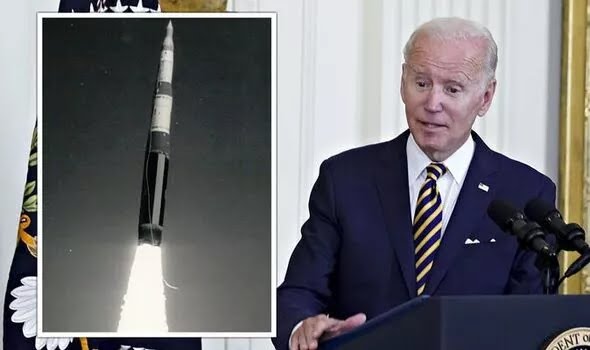
For the first time since the Cold War, conflict with a nuclear-armed peer is “no longer theoretical,” Admiral Charles Richard said A US nuclear weapons test at the Nevada Test Site in 1953 © Flickr / International Campaign to Abolish Nuclear Weapons
Navy Admiral Charles Richard, commander of US Strategic Command, declared on Wednesday that for the first time since the end of the Cold War, the US faces the possibility of nuclear war with a peer-level opponent.

Speaking at an Air Force-organized conference in Maryland, Richard claimed that the US would have to prepare to escalate quickly against possible opponents, including to defend the United States itself.
“All of us in this room are back in the business of contemplating…direct armed conflict with a nuclear-capable peer,” he said, according to a Pentagon summary of his comments. “We have not had to do that in over 30 years.”
“Russia and China can escalate to any level of violence that they choose in any domain with any instrument of power worldwide,” he continued. “We just haven’t faced competitors and opponents like that in a long time.”
Russia’s current nuclear doctrine allows for the use of nuclear weapons in the event of a first nuclear strike on its territory or infrastructure, or if the existence of the Russian state is threatened by either nuclear or conventional weapons. American doctrine allows for a nuclear first strike in “extreme circumstances to defend the vital interests of the United States or its allies and partners.”
Russian President Vladimir Putin reiterated this position on Wednesday, declaring that the Kremlin would “without a doubt use all available means to protect Russia and our people,” should Russian territory be threatened. Russian Foreign Minister Sergey Lavrov also warned that the US was “teetering on the brink” of becoming a direct party in the Ukraine conflict, with Washington risking “a direct collision between nuclear powers.”
Similar warnings have come from within the US too, most notably from former President Donald Trump, who declared on Wednesday that the conflict, which he said “should have never happened,” could “end up being World War III.” (RT)








